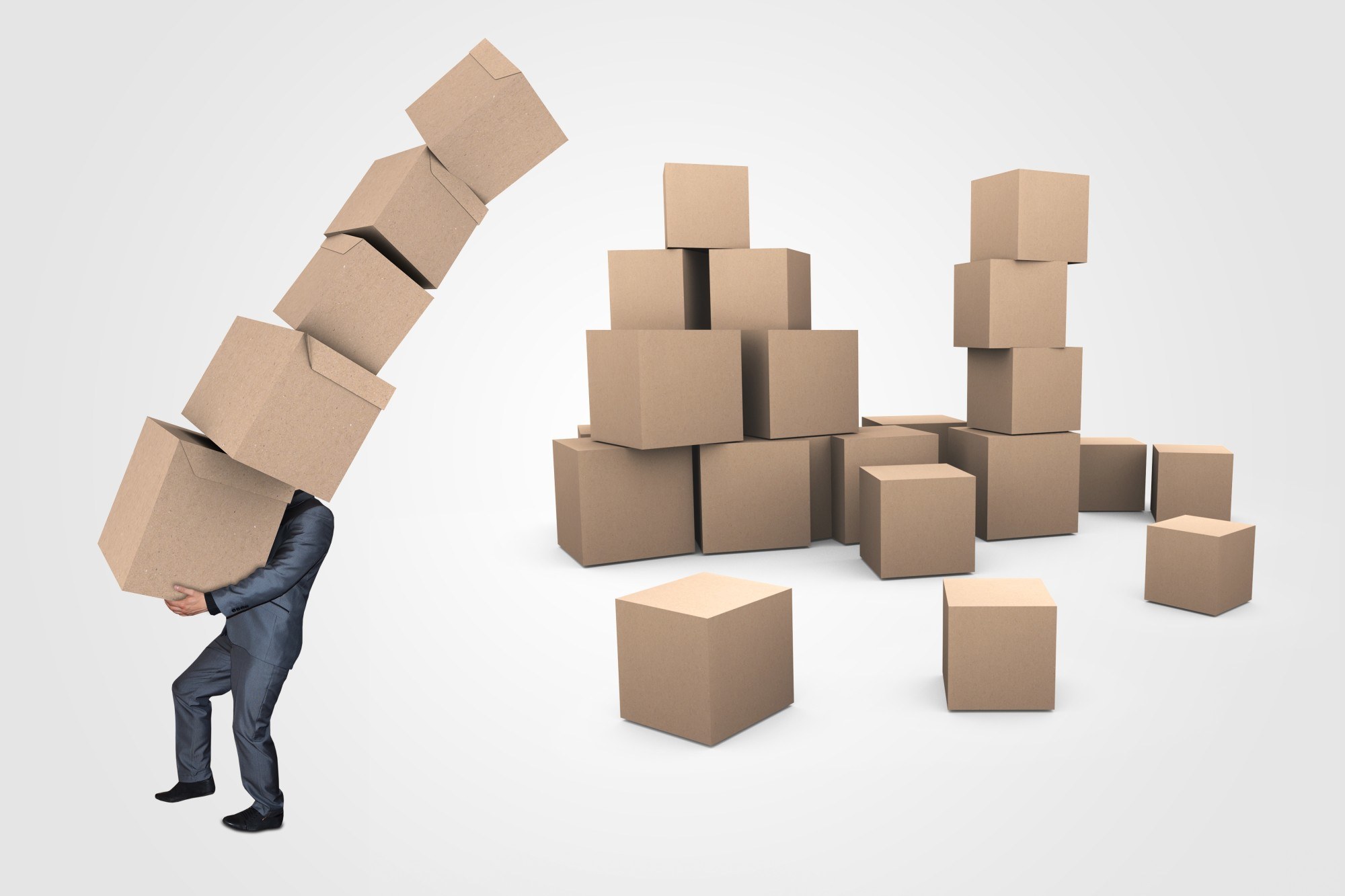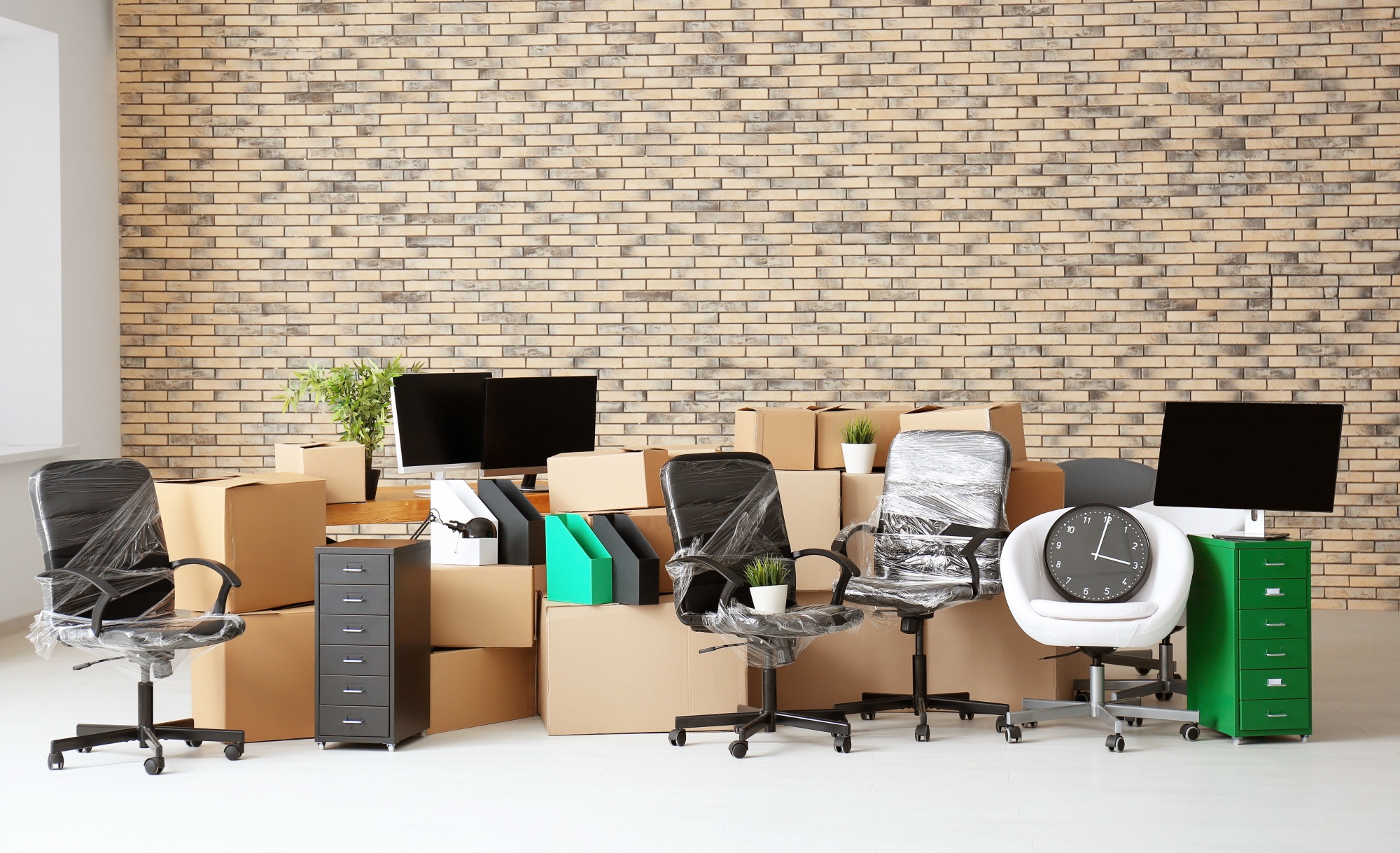Are you planning your next house move?
Even well-planned moves aren't cheap and the less you prepare, the higher the chance for costs to climb. Before deciding to move, you must know the factors that affect moving costs. But if you're new or inexperienced with moving home, this can seem like a daunting challenge.
Don't worry, we're here to help! Keep reading for our guide on what factors affect the cost of moving house...and how to reduce this.
What Are the Costs Associated With Moving?
The base moving fee is a large cost of moving. If you're going with home movers, you'll get a quote including fuel and labor but it could vary. You'll also have to consider moving insurance.
Your home movers will give valuation coverage; a sum for liability if items get lost or damaged. This isn't insurance though, so you might want the extra protection that offers.
There will be optional charges to consider with movers too if you want extra help moving. Most will have packing services or can prepare your appliances for you, at an extra cost.
DIY Moves
If you have the help and are up for the task, moving yourself can be cheaper. But, the list of costs is longer, as you'll have to organize it all yourself. These can include:
- Truck rental: rates will vary depending on the truck size, how far you're moving and how long you need it for.
- Gas: Each rental company has rules about how much gas you'll need in the truck when you give it back.
- Extra Liability Insurance: rental companies often provide minimal cover.
- Equipment Rental: Dollies and blankets for moving furniture in house and out. Most truck rentals can rent this out for an extra cost.
Transportation
When working out the cost of moving out of state, factor in any vehicles you'll need to ship. You'll likely need to use a certified auto mover rather than try getting it onto a home movers truck.
If you're not driving a truck or your own car, you need to work out your transportation too. This might be small for local moves, by will increase the farther you need to travel. Especially if the moving journey will take a few days with meals and accommodation.
Storage Costs
Another cost of moving out of state (though can apply to local moves too) is your storage needs. If you need short-term or long-term storage, you need to factor in the cost.
The cost of a storage unit varies depending on size, location, amenities, and duration you need it for. There will be a security deposit to pay, and you'll need your own heavy-duty security lock.
Packaging Supply Costs
Working out how many packaging supplies you'll need isn't an exact science. A packing calculator is useful for giving you a rough starting point. When budgeting for a move, you need to consider what you need at the very least, which includes:
- Boxes
- Packing paper/newspaper
- Packing tape
- Bubble wrap
- Labels & markers
- Box dividers
Months before your move, start holding onto and picking up free boxes to cut costs. You can also use old towels or linens to pad boxes, rather than paper.
Other Costs
Are you cleaning the homes you're leaving and moving into? You'll need cleaning supplies. If you're planning on hiring someone to do it, that'll cost you too.
For those with pets or children, it's good to have alternative plans for them on moving day. If you don't have friends or family they can stay with, you might need to hire a sitter.
Don't forget the actual real estate costs too; often a forgotten part of the average cost of moving. These are items like:
- Fees
- Rental deposits
- First/Last month's rent
- Appraisal fees
- Down payments
- Cleaning/repair fees
There might even be costs to set up the utilities in your new home, not to mention any new furniture you need to buy.
For all types of move, it's best to use a moving house checklist. It'll help you keep on top of your budget, manage unexpected costs, and help the move go off without a hitch.
What Factors Affect Moving Costs?
We've discussed the common costs associated with moving, but they aren't fixed costs at all. Some factors will affect the quotes you'll receive and will raise or lower prices. Here are the main factors you need to consider.
How Large Your Home Is
Homes come in all shapes and sizes and moving costs reflect this. It'll cost much less to move from a 1-bed apartment than a 6-bed mansion.
The size and total amount of rooms could also affect the price. Rooms with a complicated layout might be harder for movers to work in and may take them longer.
The same goes for homes with many staircases. Moving items across 3-4 floors will be harder for movers than working on a single floor.
If You Hire Packing Help
Actually packing up your home requires a lot of organization and planning. In most cases, people tend to hire their movers to do it for them.
Most movers will sell packing supplies at an extra cost and rent out equipment. You can also hire them to handle specialist items like antiques or very large furniture.
Depending on your unique requirements, these costs can soon stack up. Get a price list from any mover you're considering and ask how much their packing help will be before you commit.
How Far You're Moving
Another important factor that affects moving costs is distance. Moving across town is far cheaper than a cross-country move. Even a move to the neighboring state has its extra costs.
You need to plan your route and know where you're going to keep the move on schedule. Any delays from you being late will cost you.
Also, make sure your movers are planning the most efficient route. They need to factor in traffic hotspots and local problem roads as you travel. The shortest route in distance might not be the most time-efficient.
That said, making sure they're avoiding unnecessary longer routes will save you money. It'll shorten the total move time (time loading, on the road, unloading) you're paying for. It also reduces the risk of damage to your items as they travel.
Your Moving Insurance
If they cover out-of-state moves, most movers should have basic moving insurance. It won't cover the full cost of your items though, only a set liability amount.
For fragile, high-value (monetary or sentimental) items, you'll need your own insurance. Should damage occur, this means you'll have the right coverage.
Some movers do offer full value protection too. They'll cover the liability for the full cost of an item that breaks in their care. The downside is picking one of these companies is they have higher prices for their services.
How Can Moving Costs Be Reduced?
The average cost of moving in 2021 reached $4,300 for long-distance and $2,300 for short-distance moves. Your moving costs don't have to be that expensive though if you have a few tricks up your sleeve.
Be Flexible
Try to move during non-peak times of the year. Demand is often higher in the summer as the kids are off school. The first and last days of the month are busy. It's when leases end and renters move apartments.
Try to move in fall or winter when demand is lower. If you can't, then at least try to avoid weekends, school holidays, or the first and last days of the month.
Do Research
Make sure you're shopping around for quotes whether you're hiring movers or going it alone. Get a few different quotes and weigh up what is the best value for money. But don't leave it last minute, as you'll risk paying extra if demand is higher.
Declutter
Use your move as an excuse to declutter items you don't need or want anymore. Moving companies charge by the pound and the distance.
A good rule of thumb is if you haven't seen or used an item for 1-2 years, you don't need it anymore and it can go. Have 3 piles labeled:
- Keep
- Donate
- Trash
Decluttering guides say: avoid having a "Maybe" pile as this is only putting off the decision for later. You'll save money as you're not paying for weight and space requirements you don't need.
Use Free Packing Supplies
Aside from tape, if you put a little effort in you can get everything you'll need for free. Ask grocery stores, friends/family, and colleagues to set aside boxes you can have. Or look online, places like Craigslist and Freecycle are a good start.
Don't throw out those old towels and bedding yet, as they're good for padding your boxes. You can use your tubed socks to protect glassware while saving more room in your packing too! Use furniture drawers, suitcases, and containers you already have.
Throw a Packing Party
For large packing projects, save on paying movers to do it by throwing a packing party. Ask friends and family to come help, but provide food and drinks, making it a social event. It's an excuse to get together, and if they're treated right, they'll be more inclined to help again when you move next.
The Cost of Moving House: All You Need to Know
So, there you have it! Now you know the factors going into the cost of moving house, you know what you're getting into.
The more prepared you are going into your home move the better. Make sure you're doing your research and getting the best value for money out of the services you need. Moving isn't an easy decision, and you don't need the extra stress of spiraling costs.
If you're looking to ship your car to your new home, get a quote from us today. At Nexus Auto Transport, we have the skills and expertise to get your car safely to its new destination.



